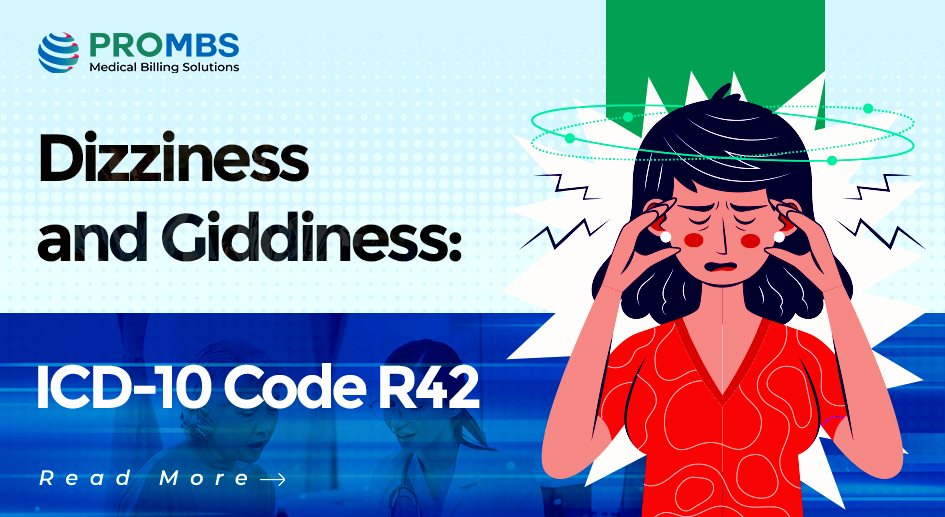It is one of the top-most ethical obligations of a physician always to be adherent to securing the privacy of patients. It is only an exclusive right of the patient as to whether to disclose personal health-related information or not and to whom. The patient must be confident of his or her privacy when consulting a physician. Only then would they freely disclose their sensitive details to get the best medical services. Health Insurance Portability and Accountability Act (HIPAA) was passed in 2004. This act played a largely crucial role in the healthcare industry in terms of securing the privacy of the patients. HIPAA act states that physicians are not legally entitled to share the medical information of the patient with anyone without the consent of the patient.
Privacy Vs Confidentiality
Although the two terminologies are often used interchangeably still there are legal differences. Confidentiality refers to the ethical duty of preventing certain people from sharing information with a third party.
Privacy applies to the people who have access to the sensitive information of the patient acquired during the diagnosis of the disease. In contrast to privacy, confidentiality is information the physician obtained from the patient during an intimate health visit.
Privacy refers to the sensitive information of the patient and confidentiality is about preventing the physician from casually disclosing the patient information. Privacy involves the doctor and patient, and terms regarding the use of information and confidentiality are entirely dependent on the doctor’s ethics.
From the perspective of privacy, certain pre-conditions entitle doctors to share sensitive information including seeking patient prior consent and using information only for healthcare purposes. On the other hand, confidentiality refers to the discretionary right of a doctor to share information for strictly medical purposes.
Maintaining Patient Privacy in Healthcare
There is no denying the fact that maintaining patient privacy is largely useful both for the patient and the doctor. It assures patients that their data is in secure hands and will not be misused and also establishes the credibility of the doctor and enhances his business interest. It also establishes long-lasting relations between the two based on respect, trust, and open communication. Once the two develop a trustworthy and reliable relationship, then the doctor can provide his patient with good healthcare services.
According to HIPAA rules, medical institutions make sure to devise such policies that are protective of patient’s privacy. This standard means that doctors should work to protect the privacy of the patients unless it becomes essential to fulfilling medical purposes. The policy allows granting access to the protected health information (PHI) to the health worker if that can prove helpful to them to effectively carry out the treatments. This policy restricts healthcare institutions from sharing information about patients for purposes other than healthcare.
In addition to that, there should be a procedure in place to help protect electronic health records from unauthorized access, deletion, and alteration.
The Importance of Patient Privacy Maintenance
As a trust-building measure, its importance is beyond estimation. Once the patient is assured that his sensitive information is secure, he will be confident to share his health information with the healthcare practitioner. Trust-based relations between doctors and patient leads to higher-quality health visits and better interactions. Those healthcare professionals who take privacy obligations seriously, and take patients into confidence by clearly explaining to them the privacy rules, are likely to have a larger number of patients who report their health symptoms honestly. This in return helps doctors make informed decisions and personalized treatment, leading to better health outcomes.
HIPAA was introduced to make sure that not only the private medical information is safe but any such information that identifies a patient or patient’s relatives, household members or employers must be omitted before using the information for the greater purpose of securing privacy.
In case if the health professional does not adhere to the policies of maintaining patient privacy, consequences can be severe.
To Whom Does HIPAA Apply?
HIPAA applies to all healthcare workers and healthcare institutions, who submit claims electronically. For instance, if you are a healthcare organization member or transmit or simply discuss protected health information (PHI) with someone not involved in the care of patients, it means you violate HIPAA. There is also an exception in HIPAA rules that allows granting PHI without prior consent for health care treatment, operations, and payment. The majority of the clinics have these exceptions and use PHI for these specified purposes. Apart from that disclosure demands explicit consent of the patient and applies to all the members of the healthcare facility including nurses, providers, pharmacists, food services, administrative personnel, janitorial service, clerical, and all other professionals.
Definition Of PHI
HIPPA explicitly defines PHI as any health-related information that is maintained or transmitted in electronic media. It is equally important to understand that this information is not only restricted to transmission on electronic media but also to any conversation that is individually identifiable with health information constituting PHI. For instance, if a surgery physician speaks of the surgical procedure in an elevator with lots of people present there that can be a violation of HIPAA if he mentions any PHI. The majority of the medical records in clinics and healthcare institutions meet the definition of PHI, some of which include:
- Admission profile
- Patient profile
- Billing records
- Prescription records
- Discharge and follow-up appointments
- Referrals
Hence, all healthcare institutions must consider it their topmost priority to satisfy HIPPA standards for privacy and security reasons.
If you found this article helpful, visit our website to read more extensively researched articles on diverse topics.
